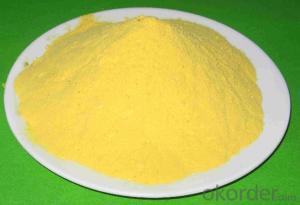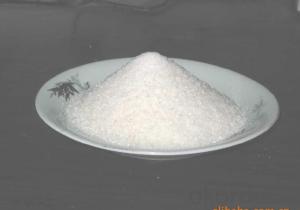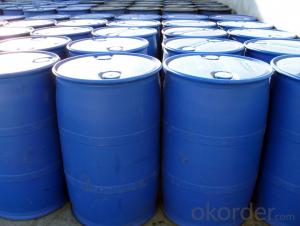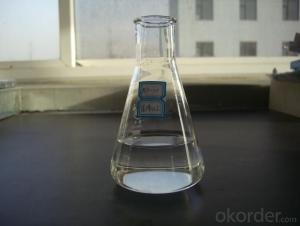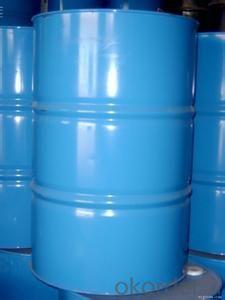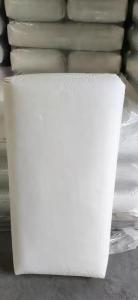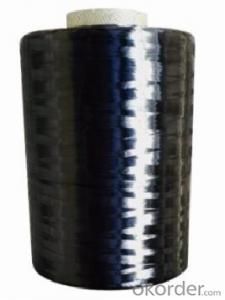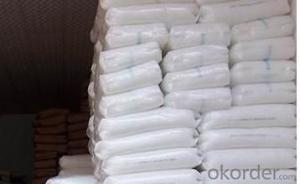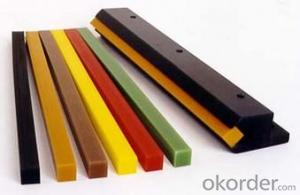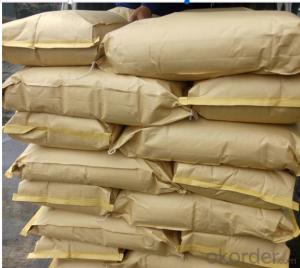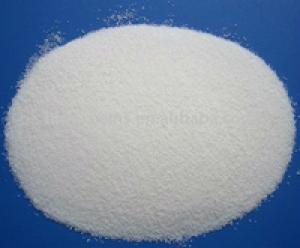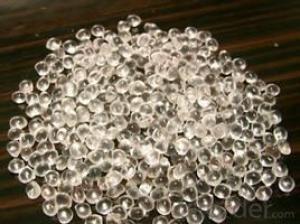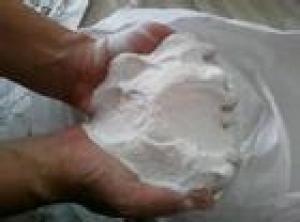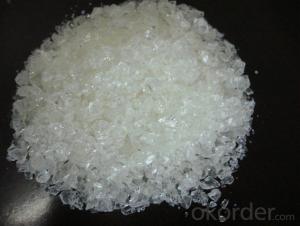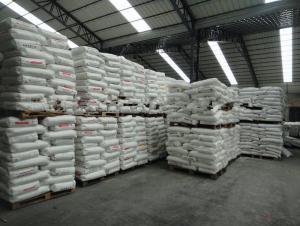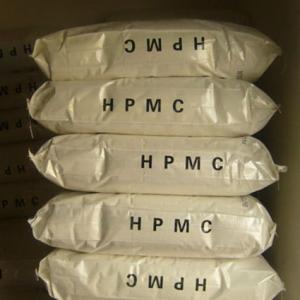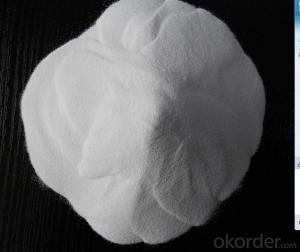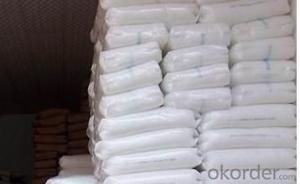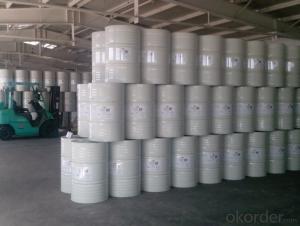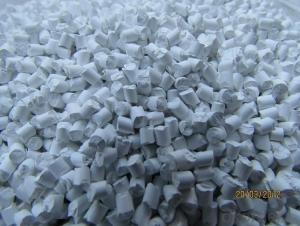All Categories
- - Steel Wire Rod
- - Steel Coils
- - Steel Profiles
- - Steel Pipes
- - Stainless Steel
- - Tinplate
- - Special Steel
- - Steel Sheets
- - Steel Rebars
- - Steel Strips
- - Hot Rolled Steel
- - Cold Rolled Steel
- - Pre-painted Steel
- - Seamless Steel Pipe
- - Welded Steel Pipe
- - Hollow Steel Tubes
- - Galvanized Pipe
- - Stainless Steel Coil
- - Stainless Steel Sheet
- - Stainless Steel Plate
- - Stainless Steel Strips
- - Electrolytic Tinplate Coil
- - Electrolytic Tinplate Sheet
- - Stainless Steel Rebars
- - Solar Panels
- - Solar Water Heater
- - Solar Related Products
- - Solar Inverter
- - Solar Cells
- - Solar Light
- - Solar Energy Systems
- - Solar Controllers
- - Solar Mounting System
- - Solar Pump
- - Solar Chargers
- - Fiberglass Chopped Strand
- - Fiberglass Mesh Cloth
- - Composite Pipes
- - FRP Pultrusion Profiles
- - Fiberglass Mat Tissue
- - Fiberglass Fabrics
- - Fiberglass Mesh
- - Composite Tank
- - Fiberglass Mesh tape
- - Polymer
- - FRP Roofing Panel
- - Fiberglass Roving
- - Monolithic Refractories
- - Ceramic Fiber Products
- - Refractory Bricks
- - Raw Materials For Refractory
- - Suspended Platform
- - Cranes
- - Concrete Machinery
- - Earthmoving Machinery
- - Building Hoist
- - Road Building Machinery
- - Plastic Pipe Fittings
- - Plastic Tubes
- - Plastic Sheets
- - Agricultural Plastic Products
- - Plastic Nets
 All Categories
All Categories
Q & A
What are the advantages of using polymers in packaging?
There are several advantages of using polymers in packaging. Firstly, polymers are lightweight and flexible, making them easy to handle and transport. This reduces shipping costs and energy consumption. Secondly, polymers have excellent barrier properties, effectively protecting the contents from moisture, oxygen, and other external factors that could damage or spoil the products. Additionally, polymers can be customized to have different levels of strength and durability, ensuring the packaging can withstand various handling and storage conditions. Furthermore, polymers are versatile, allowing for a wide range of shapes, sizes, and designs, which enhances product visibility and marketability. Lastly, polymers are generally recyclable, contributing to sustainable and eco-friendly packaging solutions.
What are the main challenges in polymer nanocomposites?
The main challenges in polymer nanocomposites include achieving uniform dispersion of nanoparticles within the polymer matrix, maintaining the desired properties of the polymer while incorporating nanoparticles, controlling the interfacial interaction between nanoparticles and polymer, ensuring long-term stability and compatibility of the composite, and scaling up the production of nanocomposites for commercial applications.
What are the advantages and disadvantages of using polymers?
The advantages of using polymers include their versatility, light weight, durability, and ability to be molded into various shapes. Polymers also tend to have lower production costs compared to other materials. However, some disadvantages of polymers include their susceptibility to degradation from environmental factors, their non-biodegradability, and the potential release of harmful chemicals during production or disposal.
What is the crystallinity of a polymer?
The crystallinity of a polymer refers to the degree of order and arrangement of its molecular chains. It represents the extent to which the polymer chains align in a regular and repeating pattern, similar to a crystal lattice structure. Higher crystallinity indicates a more ordered and densely packed structure, while lower crystallinity suggests a more amorphous or randomly arranged molecular configuration.
Wholesale Polymer from supplier in Thailand
Our team of experts is dedicated to providing exceptional service, ensuring timely delivery, and offering competitive pricing for all your Polymer needs. Whether you require Polyethylene, Polypropylene, PVC, or any other Polymer product, we have the resources and knowledge to meet your requirements.
Furthermore, we understand the importance of technical support in the Polymer industry. Our experienced engineers and technicians are available to assist you with any technical queries or challenges you may encounter. We are committed to providing comprehensive solutions and ensuring your satisfaction.
In conclusion, as a subsidiary of CNBM, a Fortune Global 500 company, we have the backing of a renowned and trusted organization. We are confident in our ability to deliver high-quality Polymer products and services that meet your expectations. Let us be your partner in success in the Thai market. Contact us today to discuss your Polymer needs and explore the opportunities that Thailand has to offer.
Furthermore, we understand the importance of technical support in the Polymer industry. Our experienced engineers and technicians are available to assist you with any technical queries or challenges you may encounter. We are committed to providing comprehensive solutions and ensuring your satisfaction.
In conclusion, as a subsidiary of CNBM, a Fortune Global 500 company, we have the backing of a renowned and trusted organization. We are confident in our ability to deliver high-quality Polymer products and services that meet your expectations. Let us be your partner in success in the Thai market. Contact us today to discuss your Polymer needs and explore the opportunities that Thailand has to offer.
Hot Search
- Fiberglass Chopped Strand in Jordan
- Fiberglass Mesh Cloth in Timor Leste
- Composite Pipes in Tuvalu
- FRP Pultrusion Profiles in Botswana
- Fiberglass Mat Tissue in Panama
- Fiberglass Fabrics in Turkmenistan
- Fiberglass Mesh in Djibouti
- Composite Tank in Tunisia
- Fiberglass Mesh tape in Kiribati
- Polymer in Kenya
